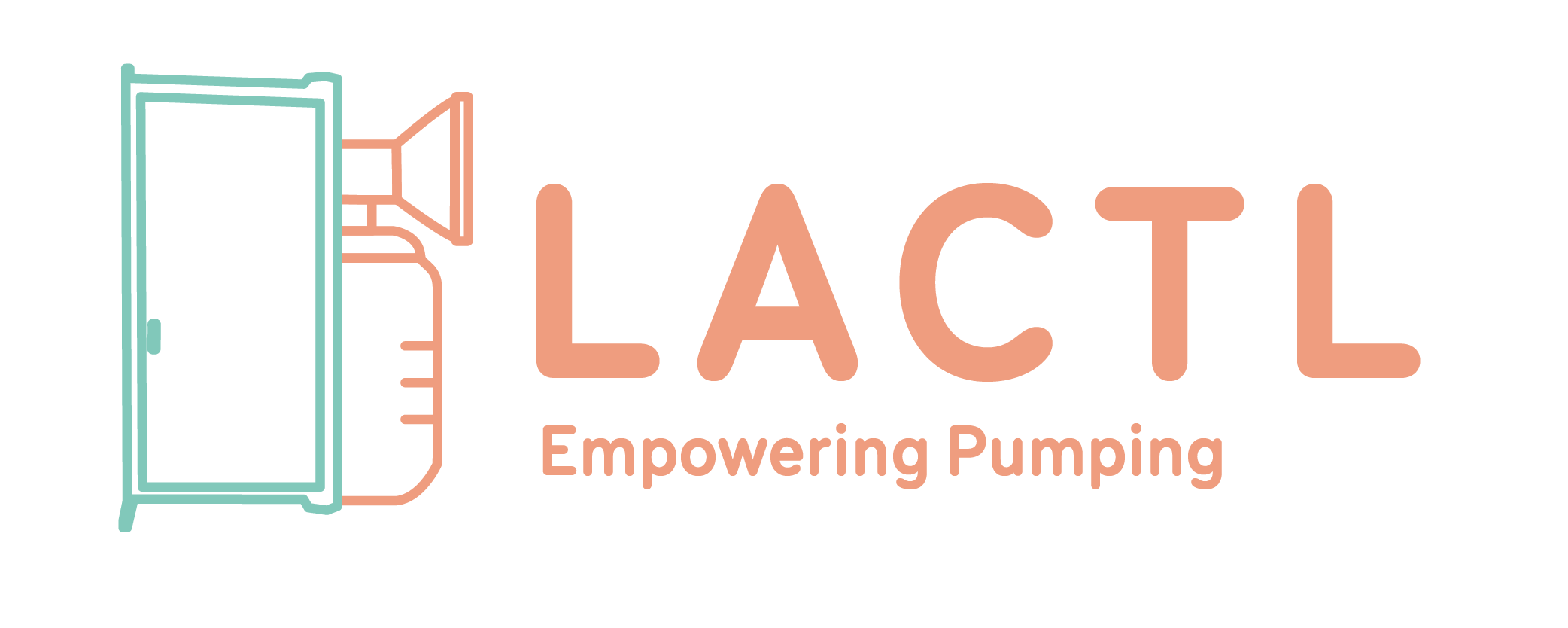Down in the Pumps: Why We Need To Talk About Postpartum Depression
Postpartum depression is extremely common and affects up to 15% of mothers after childbirth, with 1 in 10 women a year facing postpartum depression and anxiety.
What is Postpartum Depression?
Postpartum depression is a disorder that can affect women after childbirth, where mothers can feel extreme sadness, hopelessness, fatigue and anxiety. In some cases mothers withdraw from their child, family and friends.
The causes aren’t completely straight forward, and postpartum depression does not have one singular cause. However it has been seen to likely result from a combination of the physical and emotional strain of childbearing and birth.
Hormonal changes also can play a big role. After childbirth, previously heightened levels of estrogen and progesterone in a woman’s body quickly drop. This in turn can have an effect on mood.
Sleep deprivation may also bring on extreme fatigue and cause a drop in mood and/or feelings of being overwhelmed. It is often difficult to get the adequate amount of rest you need (especially if you are a single mom), however is important to help your body recover.
Postpartum Depression is Different to ‘The Baby Blues’
Due to the extreme toll pregnancy and childbirth can have physically and mentally, it is completely normal and common (up to 80% of women) to have feelings of worry, unhappiness and exhaustion after having a baby. Babies are full on! And require constant care and attention, so worrying if you are getting it right is completely normal.
It is not healthy however when you feel like these feelings are taking over all of your thoughts, or you feel like you are unable to care for yourself or your baby because of them. ‘The Baby Blues’, usually last for a week or two whilst you are adjusting after giving birth, but postpartum depression can last for months or even years.
Always seek help from a medical professional to get a proper diagnosis as the symptoms can be very complicated.
What Makes Some Women More At Risk of Experiencing Postpartum Depression?
There are some factors which may make certain women more susceptible or at greater risk of developing postpartum depression, including:
Previous history of depression or a mental health problem before or during pregnancy
A family history of mental health problems
A stressful or traumatic life event during pregnancy or after giving birth
Medical complications throughout pregnancy
Lack of emotional support from family, friends or partner
Alcohol, drugs or other abuse problems
How is Postpartum Depression Treated?
There are lots of effective treatments for postpartum depression, and most women make a full recovery once they start the right treatment for them.
Some of the treatments include:
Talking/Counselling therapy: sometimes just talking about your issues and struggles with a trained professional can really help. A counsellor will discuss your issues with you and plan the best course of therapy for you.
Cognitive Behavioural Therapy: or CBT is a talking and mental exercise therapy that makes the patient challenge their negative thought patterns and particular ways of thinking
Interpersonal therapy: this type of therapy can help you to work through problems with personal relationships such as family members, your spouse or partner
Medication: antidepressants can be prescribed which change the chemical balance in the brain to alter mood. There are lots of different types of medication and these must be prescribed by your medical professional. Make sure you research thoroughly any medication like this and make the choice with guidance from your doctor.
Worried About Someone?
Often it isn’t easy approaching someone who you may think is struggling with their mental health. However it is easier to see warning signs in other people than in yourself.
Make sure you ask questions about how she is doing - rather than just asking about the baby, and try to make her comfortable about sharing her feelings. Try to use positive language and reassure her that she is doing a great job, has nothing to feel guilty or ashamed about, and that you are there to support her.
Postpartum depression can be severe, so encouraging your loved one to seek the advice and help of a medical professional is really important.
There are plenty of resources out there, so make sure you are seeking advice too:
2020 Mom
https://www.2020mom.org
A national nonprofit dedicated to closing gaps in maternal mental health care through education, advocacy, and collaboration..
Postpartum Support International
www.postpartum.net
Provides information for new moms and dads, on-line list of support groups, chats and discussion boards, share a story section, bookstore, etc.
Raising Awareness
As with other mental health conditions, it is important that we raise awareness of postpartum depression, and help those who are struggling. Many mothers may feel shame or guilt, we want to enforce the point that if you suffer from postpartum depression that does NOT make you a bad parent or make you any less capable of raising your child. You are also absolutely NOT alone.
There are many support groups and charities that help mothers who suffer from postpartum depression/anxiety. If you need help starting here are some other resources:
American Academy of Family Physicians
www.aafp.org
OBGYN.net
www.obgyn.net
Psych Central
https://psychcentral.com/disorders/postpartum-depression/
The Blue Dot Project
https://www.thebluedotproject.org/
The Blue Dot Project is a project by 2020 Mom that aims to raise awareness of maternal mental health disorders, proliferate the blue dot as the symbol of solidarity and support, and combat stigma and shame.
It is important to seek the help of a trained mental health or medical professional if you feel like you may be depressed, or try to encourage others you may be worried about to seek help as soon as possible. Like all other mental health conditions - there is help out there for everyone.
Have you or anyone close to you ever struggled with postpartum depression? Join our discussion on our social media at @lactlscreens or follow #lactl, and open up the conversation in the comments below.


